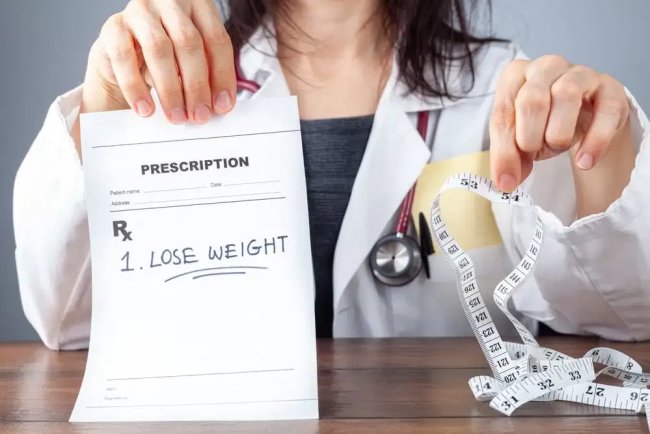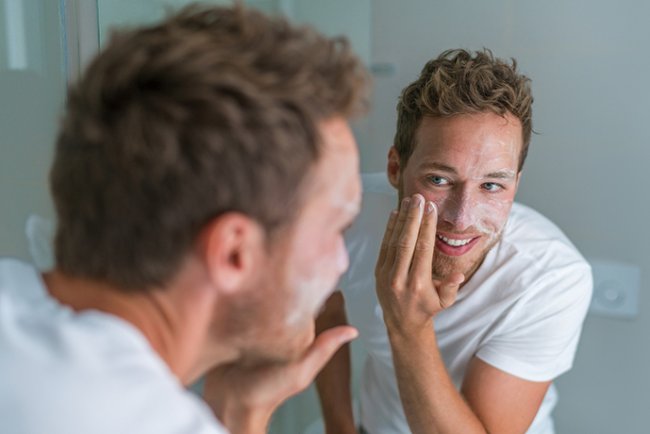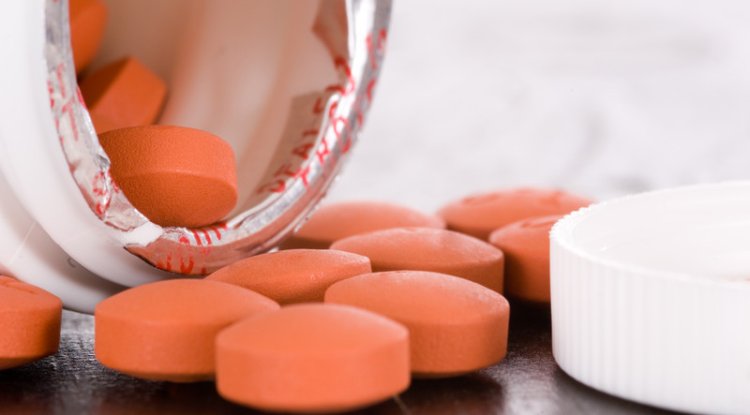How Every Minute of Movement Matters: The Science Behind Exercise and Longevity.?
The majority of people are aware that exercise can enhance their health, but a recent study in the British Journal of Sports Medicine has demonstrated that even small changes in activity can have lifelong consequences.
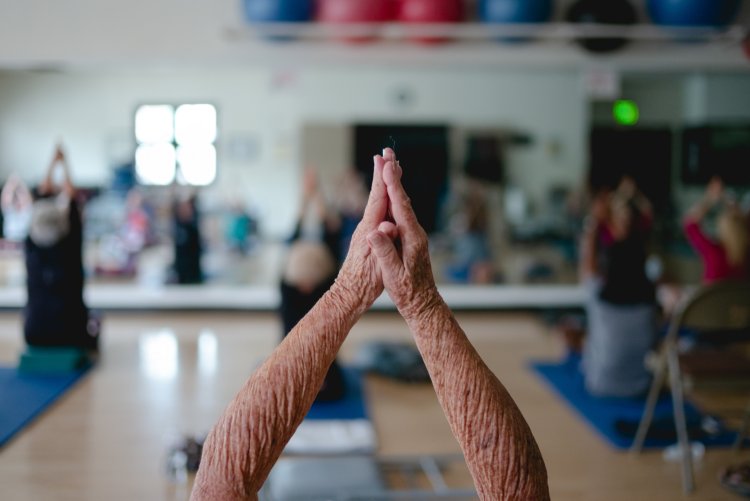
The study analyzed health and lifestyle data from 88,000 participants. For almost a decade, they have been monitoring U.S. adults aged 40-85. The inquiry they made was simple yet impactful: what level of effort is necessary to begin reaping the benefits?
A humbling and encouraging answer: Just 10 minutes of light to moderate physical activity a week reduced the chance of death at 18 per cent.
The Power of Small Steps.
You don't have to run a marathon, spend too much time at the gym, or wear yoga pants to reap the benefits. The data indicated that health improvements were based on a dose-response curve:
10. 150. 1,500. The more you move, the more benefits. But even a little matters.
Light vs. Vigorous: Does Intensity Matter?
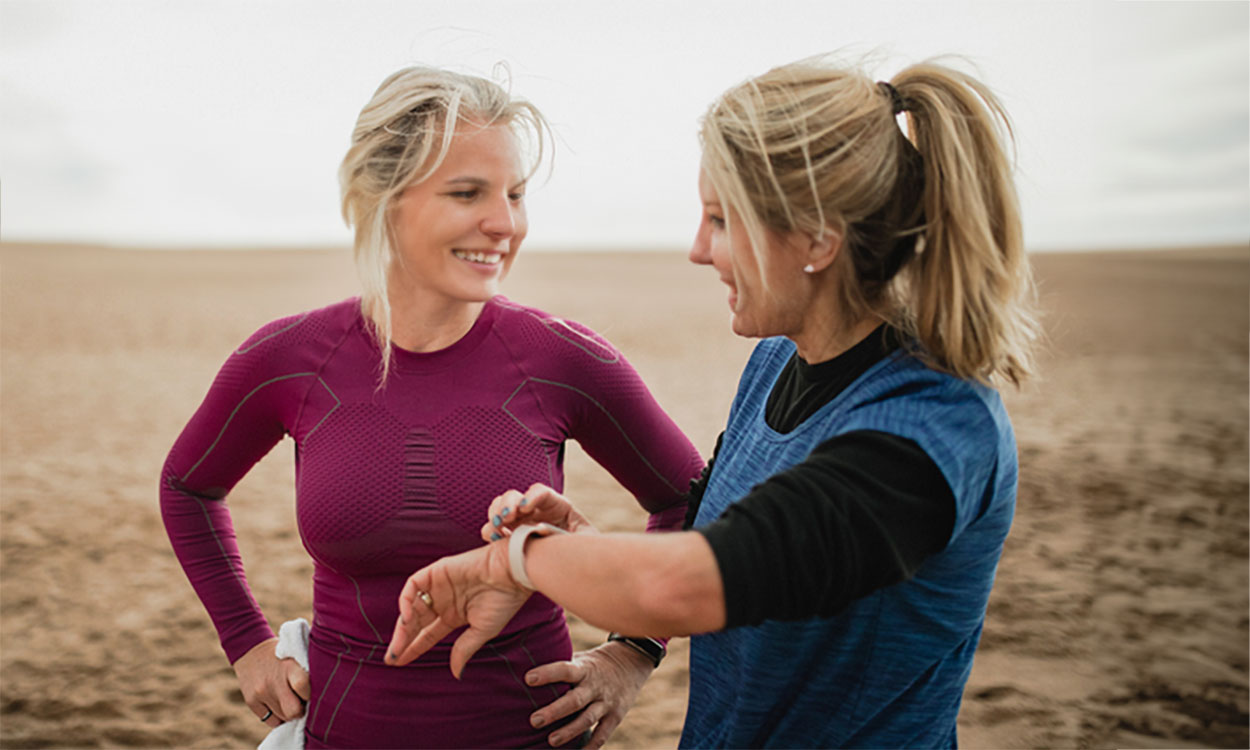
Another question was asked by the researchers: does the type of activity make an impact?
Turns out, it does. Extensive exercise, such as running, cycling, HIIT or anything that makes you sweat (like me), packs more calories for the minute than walking or doing light gardening.
For example:
Engaging in vigorous physical activity for 10 to 59 minutes per week can reduce the risk of death by 26%.
Performing vigorously for over 600 minutes each week can lower the risk by 42%.
Nevertheless, minor and mild pursuits like vigorous walking, swimming, or even strenuous tasks still had significant rewards.
Why Does Movement Save Lives?
Many people refer to exercise as the solution to ailments, and for good reason. The substance helps in weight management, blood sugar regulation, inflammation prevention, heart health improvement, and immune system well-being. The pill has multiple benefits, but is not a universal remedy for health. You have to do it.
What are some ways to incorporate more physical activity into your daily routine without attending a gym? Request.
The beauty of this research? It wasn't just individuals who recorded their workouts at a gym. People engaged in various activities, such as walking, climbing stairs, playing, and standing up instead of sitting. All these forms of movement were present.
To add some more movement, try these simple methods:.
:max_bytes(150000):strip_icc()/move-more-thorughout-the-day-GettyImages-1392999230-c6bc9a6f015040c6b5ad1e5ab5e3fdd5.jpg)
Take the stairs. A small amount of cardio is delivered with every step.
Park farther away. Take a special walk as an added bonus.
Take hold of something rather than a shopping cart. Your arms will thank you.
Move while you wait. Whether waiting for a train or bus? Do laps or stretch.
Make television time a part of your daily routine. Do squat, sit up, or ride your old exercise bike when performing at the show of your choice.
Walk while you talk. The most appropriate reason to pace yourself is through phone calls.
The Takeaway: Every Bit Counts.
The fact that 42% of adults in this massive study were completely doomed is both surprising and a little disconcerting. More than half didn't even get the recommended 150 minutes a week. The payoff for those who relocated even slightly was undeniable.
Simple words that convey an impressive message: don't underestimate the importance of small steps. Your life will get longer and stronger with only ten minutes spent here or there.
When you're tempted to use the elevator or lie on your back, remember that your body doesn't require perfection. Don's advice? It just needs motion.
What's Your Reaction?







